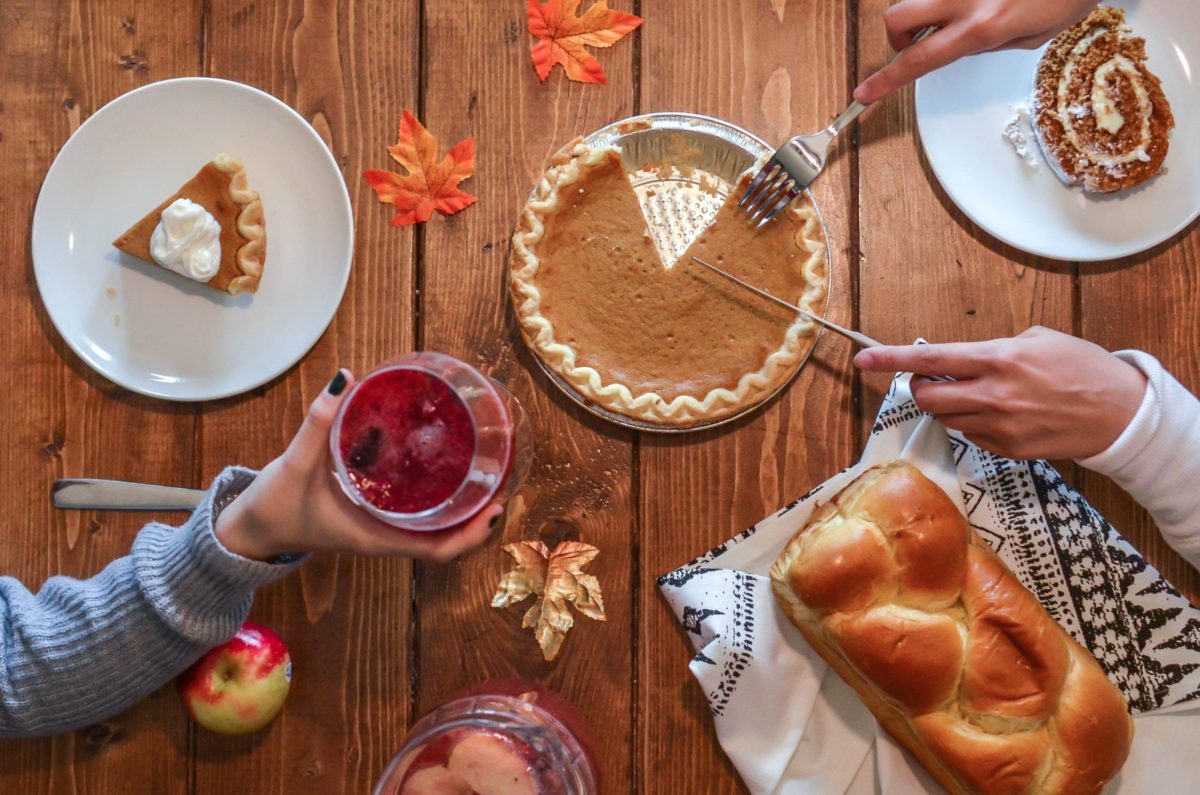Winter Immunity & Nutrition Throughout the Holiday Season

Photo by Element5 Digital on Unsplash
As the temperature begins to drop, so does the motivation to stay healthy throughout the winter. It seems like there is one family gather right after the other, where you’re faced with numerous pies, cakes, drinks and more. And while you already know following an unhealthy diet can lead to weight gain, there is one more thing you should be thinking about. Your immunity can be compromised when you follow an unhealthy diet. Here’s what you need to know about winter immunity.
Eating for Winter Immunity
It would not be too detrimental to grab a few Santa-decorated cookies to munch on during the season. But a more realistic view of the holiday has many individuals going back for seconds (or thirds) and piling on sugar and other unhealthy foods. This places stress on your immune system, due to sudden consumption of refined sugar and alcohol.
A great tip? Consider just having a bite. Don’t reach for a slice of pie – just have a bite to settle the craving!
The best foods to pile onto your plate (especially if you’re going back for seconds) are foods that are rich in antioxidants and Vitamin C. These include citrus fruits, cabbage, broccoli, pumpkin and spinach. All of these foods have immune-boosting powers.
To fight off infections, many studies have linked zinc to a healthy immune system. Zinc is found in high concentrations in fish, oysters, poultry, eggs and milk. A high-quality, non-GMO Zinc supplement can support a healthy immune system and the formation of healthy tissue.†
You’ll also want to be sure your holiday diet includes a healthy level of good bacteria. Fermented dairy products like yogurt and sauerkraut provide live cultures of probiotics, or healthy bacteria for your gut. But be warned! they can contain high calories, sugar and salt. A high-quality Probiotic supplement can help to rebalance your gut bacteria, supporting healthy digestion and counteracting the negative effects of unhealthy bacteria in your system, which include bloating and gassiness.
Lack of Sunlight Impacts Your Cravings
A lesser known factor in the winter is the link between eating and the lack of sunlight. Studies have shown, when it gets darker earlier levels of serotonin in your body decreases, due to the decrease in exposure to the sun. Serotonin is an important chemical in the body that helps regulate things like mood, sleep, digestion and your appetite.
In order to boost your serotonin levels throughout the winter, you can turn to specific foods or supplementation. Healthy carbs like whole grains, sweet potatoes, pumpkins and squash can help boost serotonin levels. A high-quality, non-GMO Vitamin D supplement – very commonly called the ‘Sunshine Vitamin’ – may also help promote a healthy immune response by activating T and B cells of your immune system. Without sufficient Vitamin D levels, your immune system cannot function properly to resist infection.†
When to speak with a nutritionist
If you feel like you need extra guidance during the winter months, our healthcare professionals are available for you every single day! They can help you highlight problem areas in your diet and offer advice on what to steer clear of or what to target in terms of food throughout the holidays. Stop skipping meals or piling extra food onto your plate! Let us help guide you on the best nutrients your body needs throughout this season. To get started, visit www.invitehealth.com today.